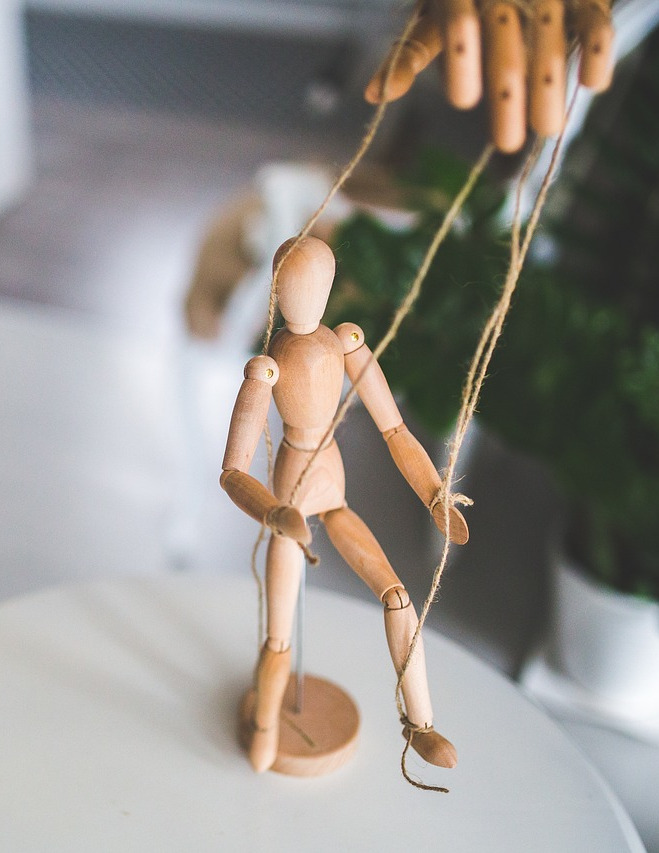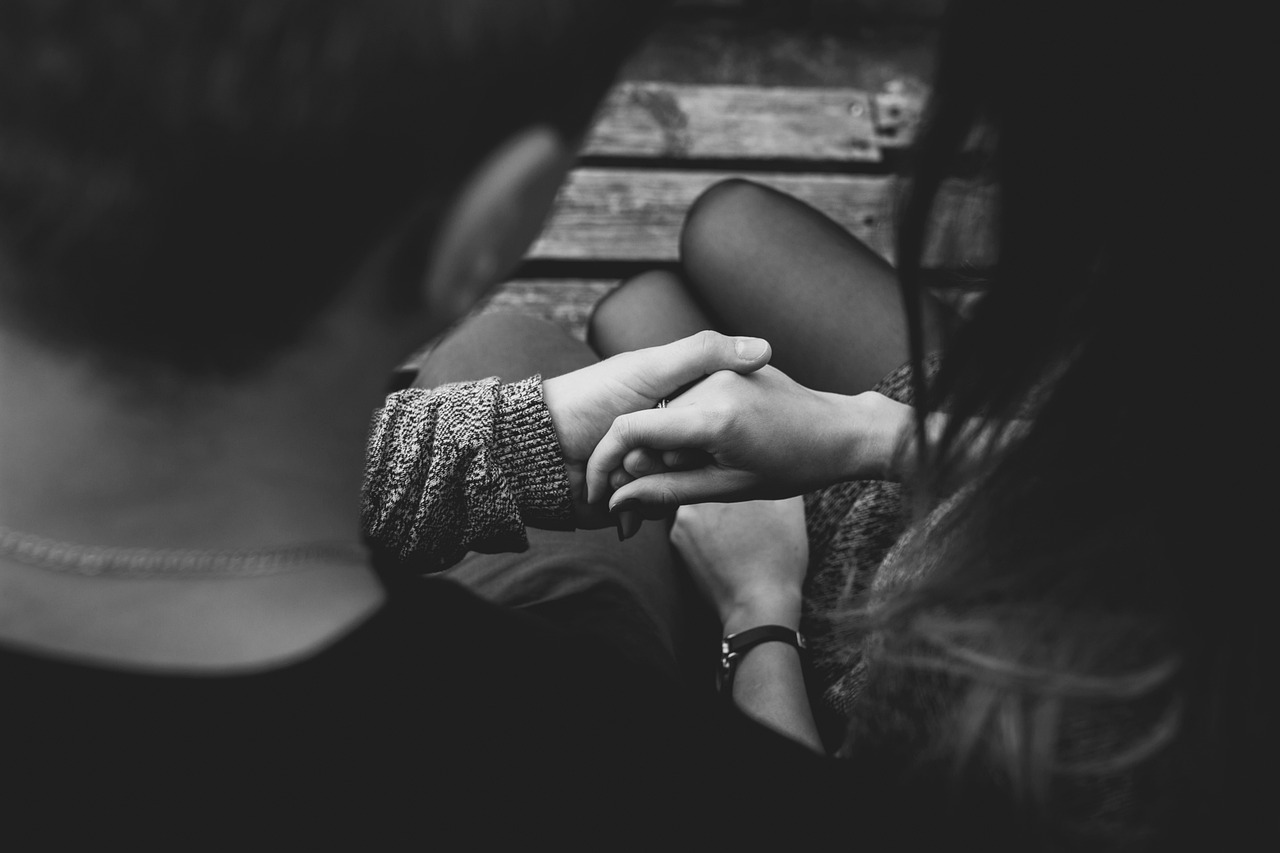What is Domestic Violence?
DOMESTIC VIOLENCE IS ABOUT POWER AND CONTROL.
Domestic violence is a worsening pattern of abuse where one partner in an intimate relationship exerts control over the other through force, intimidation, or threats of violence.
It extends beyond physical assaults. Abusers often use a combination of tactics to gain or maintain control in a relationship. Domestic violence can encompass sexual, spiritual, verbal, emotional, psychological, and physical abuse. Abusers may also use threats of harm, isolation, privilege, jealousy, finances, children, and systems—such as Centrelink, Immigration, or Child Protective Services—to wield power over their victims. Stalking is another form of domestic violence.
One type of abuse, economic abuse, occurs in 98% of abusive relationships and can erode financial stability and options, regardless of a survivor’s socioeconomic background, compromising their safety. Economic dependence is the strongest factor influencing a survivor’s choice to stay with or return to an abusive partner.

YOU ARE NOT RESPONSIBLE FOR THE ABUSE
Perpetrators of abuse often shift the blame for their behaviour onto drugs or alcohol, stress, childhood trauma, or their partner. If your partner’s actions make you feel unsafe, it is not your fault. If you have experienced abuse, it’s common to feel isolated, fearful, ashamed, or hopeless. These feelings are normal, and it’s okay to feel this way. You are not responsible for another person’s violence.
It is a criminal offence if someone physically harms or threatens you. No one has the right to hurt you, even if that person is your spouse, partner, or a family member.

YOU ARE NOT ALONE
While every relationship has its own unique rhythm and patterns, most victims of domestic violence experience a repeating cycle with three escalating phases: the tension-building phase, the explosion phase or acute battering incident, and the hearts and flowers phase. During the tension-building phase, you might feel like you’re “walking on eggshells,” constantly trying to calm or appease your partner to avoid an outburst. When the tension reaches a breaking point, control or violence escalates into an explosive release, known as an acute battering incident.
Afterwards, the hearts and flowers phase often follows, bringing apologies, promises, gifts, and attempts to repair the relationship. This phase can feel hopeful, as though your partner will change and things will improve. However, over time, the kindness and apologies in this phase tend to fade as the abuse escalates. If you are a victim or survivor of abuse, you are not alone.

Copyright © 2024 Hannah’s House, Ipswich, QLD. All Rights Reserved. Digital Marketing by 10am Digital.

